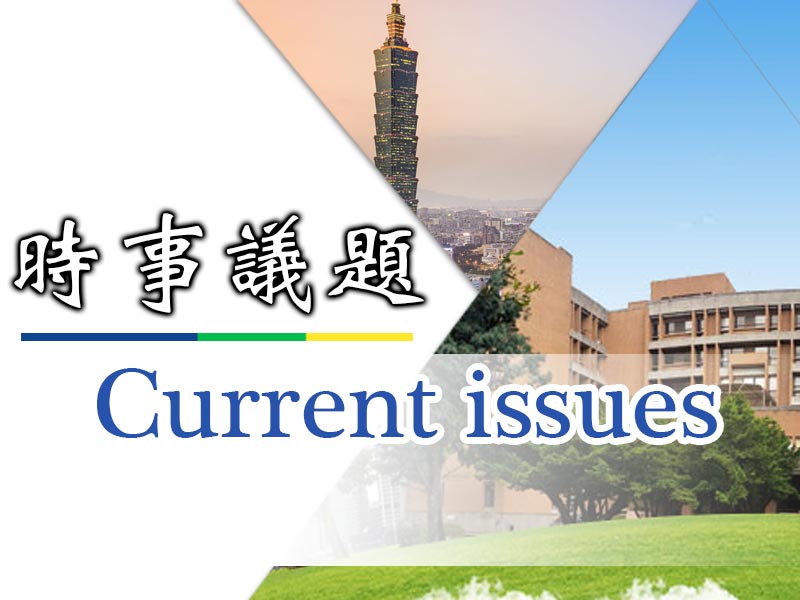李淳:Ractopamine ruckus still not settled, Taipei Times
作者:李淳 (WTO中心助理執行長)
原刊登:Taipei Times - 2007/9/25
The dust has not yet settled after a dispute over ractopamine in US pork earlier this summer. From a WTO perspective, the heart of the dispute was whether the fact that ractopamine is a forbidden substance in Taiwan was an unnecessary obstacle to trade since it meant that US pork could not enter Taiwan.
In order to eliminate the possible trade obstacles hidden behind inspections and disease prevention, Article 2.1 of the WTO Agreement on the Application of Sanitary and Phytosanitary Measures (SPS Agreement) clearly states that "Members have the right to take sanitary and phytosanitary measures necessary for the protection of human, animal or plant life or health."
Article 2.2 of the agreement stipulates that "Members shall ensure that any sanitary or phytosanitary measure is applied ... based on scientific principles and is not maintained without sufficient scientific evidence."
Article 5.7 of the agreement stipulates that "In cases where relevant scientific evidence is insufficient, a member may provisionally adopt sanitary or phytosanitary measures on the basis of available pertinent information, including that from the relevant international organizations as well as from sanitary or phytosanitary measures applied by other members. In such circumstances, members shall seek to obtain the additional information necessary for a more objective assessment of risk and review the sanitary or phytosanitary measure accordingly within a reasonable period of time."
In other words, under the WTO framework, the key question in the recent incident is whether our nation's sanitary measures are based on scientific principles and supported by sufficient scientific evidence.
There are various kinds of additives used to promote the growth of lean pork. The focus of the recent controversy was the use of an additive called ractopamine with the trademark Paylean. Although the use of ractopamine within the legal dose limits is legal in the US, last year the Ministry of Agriculture listed ractopamine as a banned veterinary drug. The ban covers the production, importation, sale and addition of ractopamine.
Ractopamine residue criteria may differ between countries. However, international organizations have gradually moved toward an initial consensus on a standard for ractopamine residue levels. The Joint Food and Agriculture Organization (FAO) of the UN and the 66th meeting of the WHO's Expert Committee on Food Additives (JECFA) on the residue evaluation of ractopamine in February of last year recommended 10μg/kg of ractopamine in lipid and muscle tissue, 90μg/kg in kidneys, and 40μg/kg in the liver. The figures are in line with the expected residue levels recommended by the Department of Health (DOH).
The Codex Alimentarius Commission develops food standards and guidelines under theJoint FAO/WHO Food Standards Program. Until this commission accepts the JECFA ractopamine recommendations as an international food standard, all of these evaluations are just a technical discussion.
So the JECFA recommendation may not yet be considered sufficient scientific evidence, but given that the recommendation is based on extensive scientific research, laboratory tests and expert discussions, it should at least be considered "available pertinent information" as mentioned in Article 5.7 of the SPS Agreement.
If we look at the incident from this standpoint, we still do not know what kind of counter evidence the DOH used as a basis for its decision to not accept the JECFA recommendation.
In fact, the DOH's adoption of the international ractopamine residue criteria for both domestic and imported pork may also benefit domestic pig farmers. We must not forget that before the outbreak of foot and mouth disease in 1997, Taiwan was the largest exporter of pork to Japan.
Although Taiwan has not been able to completely recover from that setback, Taiwanese pork exports still have great potential. If all countries can establish sanitary measures based on scientific evidence and international standards, this will also be beneficial to the competitiveness of Taiwan's pork exports.


